
After concluding a two-year study on college students' religious beliefs, Marxist scholars warned against the rapid growth of Christianity and proselytization disguised as cultural studies on campuses across China.
Such warnings were met with objections as many people believe there is nothing wrong with college students discovering religion. At the heart of the debate is to what extent and how religion should be discussed and taught on campus.
Xi Wuyi, a Marxist scholar at the Chinese Academy of Social Sciences, wrote on her blog about a project she led which looked at religion on campuses in 2011 and 2012. She wrote that the percentage of believers among college students was higher than among the general population and growing each year.
However, the validity of the study came under question as researchers surveyed only 195 people at four universities in Beijing, among whom 16 were believers.
Most studies done about religion in China have had rather small sample groups, in the hundreds or a few thousand at best.
Vague figures and concerns
Various religions have been growing in China since the 1990s. Official figures from 1997 put the number of protestant Christians at 1 million.
In 2010, a report by the Chinese Academy of Social Sciences (CASS) showed that there were over 23 million protestant Christians in China, or 1.8 percent of the population. However, many believe the figure is still larger.
It's difficult to determine the exact percentage of college students who are religious and different studies have come up with varying results.
A study commissioned by the Beijing education authorities back in 1998 showed that 13.4 percent of college students in Beijing said they were religious. Over the years different studies have put the number of Christians among college students at anywhere between 1.8 and 5 percent.
Xi's team also conducted field research at two associations of college students, one registered and the other not. The unregistered association had around 30 people back in 2004 and by last December had grown to over 200 people, most of whom were college students, Xi wrote on her blog.
Zuo Peng, a professor at the University of Science and Technology Beijing who has carried out many studies on college students' religious beliefs, did a study in 2004 and found that over 60 percent of religious students were converted while at college.
Yang Huilin, director of the Christian Studies Institute at the Renmin University of China, however, believes that the percentage of Christians has held steady at about 3.5 percent for years, according to two studies he led in 2001 and 2008 at dozens of universities in Beijing.
Despite disagreement over the numbers, scholars agree that there have been growing proselytizing activities in recent years. Many people say they have been approached on the street and asked if they would like to know more about Christianity.
Chinese regulations prohibit religious activities taking place outside of authorized religious sites. Preaching and proselytizing in schools are also not allowed.
Xi's research showed that 60 percent of students had had such encounters. Zuo and Yang also said that more students now reported having been approached on campus than a few years ago, although it's not always clear what the background of these would-be evangelists is.
According to focus group interviews Zuo conducted, some students were approached on campus by overseas students.
"Sometimes it starts out with learning foreign languages, making friends, and then moving on to religious activities," said Zuo, adding that some overseas students or expats also host small gatherings for Christians at their apartments.
Zuo said that it is the background and motives of these people that gives reason for caution.
"Some are preaching out of passion for their religion, but there are also some people who are backed by overseas churches or institutions; some may even have political motives," he said.
Studies by Zuo and Xi both found that at gatherings of churches or associations not recognized by the authorities, priests and followers were often critical of the government and sometimes hostile toward the State-sanctioned patriotic church.

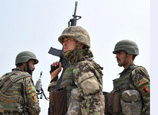
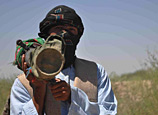
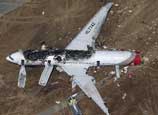

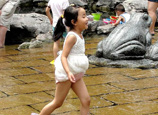



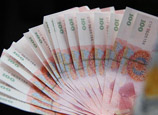
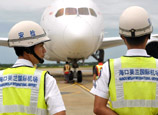






 Relatives of Chinese victims in Asiana jet crash head for U.S.
Relatives of Chinese victims in Asiana jet crash head for U.S.


![]()
